The revival of East African Community (EAC) is expected to create numerous opportunities for the growth of Small and Medium Enterprises (SMEs) not only among the member states but in the region. Such opportunities include but not limited to the growth and expansion of workers, free movement of goods and services, equal business operating ground and fair legal and regulatory environment.
The growth and expansion of workers
The introduction of the East African Common Market provides an opportunity for business and entrepreneurship to flourish through the movement of workers. People and Workers are dealt with in the Protocol which identifies four types of East African citizens who can enter, stay, work and reside in another East African state. These include people who wish to travel for any purpose other than earning money (such as visitors, students, medical tourists, people in transit), self-employed persons, intra-corporate transfers of managerial and supervisory personnel and workers. Professionals will be able to cross borders, increasing their employment opportunities, while businesses will have a wider field to choose from when recruiting or expanding. The increased competition amongst people from members states can lead to much better personal and business performance, which may then be multiplied across the economy.
Free movement of goods and services
The common market protocol allows for free movement of goods, labour, capital and services among others hence the SME will benefit from the market, skilled labour and capital. This might be the time for small and mid-sized enterprises originally locked-out from accessing markets in other states because of the high costs involved in exporting, importing and establishing businesses in other partner states’ territories, to venture into those markets. A single trading area eliminates barriers like complex and difficult national laws, high taxes, work permits, bureaucratic and discriminatory tendencies to give both small and big businesses a competitive edge in the region.
Equal business operating ground
Businesses will now be able to be set up in other EAC Countries and be treated the same as domestic firms. They will be able to bring over their supervisors and managers to work in that business and will have a right of residence to live in the EAC country in which their business is established. Many service providers will be able to supply services from their home country across the border to another EAC country and be treated the same as domestic providers in that country.
Fair legal and regulatory environment
The Common Market Protocol provides for work permits to still be a requirement for working in another Partner State. The Protocol is a foundation on which the Common Market is built. This does not mean that every EAC country does require a work permit, it only means that countries are allowed to maintain a work permit scheme if they wish to. It is up to each individual that wishes to cross the border to find out if a work permit is required and to produce the documentation required to obtain one. Workers will enter Partner States by presenting their passports or national identification documentation at the point of entry, declaring the usual information and providing a contract of employment. For Jobs that will last less than 90 days, workers will need a Special Pass and for jobs lasting longer than 90 days, a Work Permit. Special Passes and Work Permits require different supporting documentation. Spouses and children may be allowed to travel with the worker if they apply as well. Although work permits are still in place, the Protocol does make it easier to know how much time and effort is required to acquire one: the timeframe for obtaining a work permit is now limited to 30 days across the region, and applicants are entitled to know within 30 days whether you have been given one or not. If you are not successful, you are entitled to know why in writing and to challenge this decision. EAC countries have also agreed to harmonise the fees for work permits, and this is part of the ongoing negotiation process. Furthermore, the EAC provides an opportunity of not using the work permit.
An entrepreneur that sees there is a market for his skills or business products in another country within the EAC Common Market can move or supply services there because there are no barriers to working, supplying a service or establishing a business in another EAC Partner State. People are free to chase the highest wage and the best returns, and in doing so, each country will specialise in those goods, services, and labour that it produce more efficiently than its neighbours.
Revival of East African Community will not only mean good for the Small and Medium Enterprises, but also for large enterprises and governments too. Although surrounded by some fears and suspicion, the integration of the region is meant to bring about social-political and economic stability in the region.
